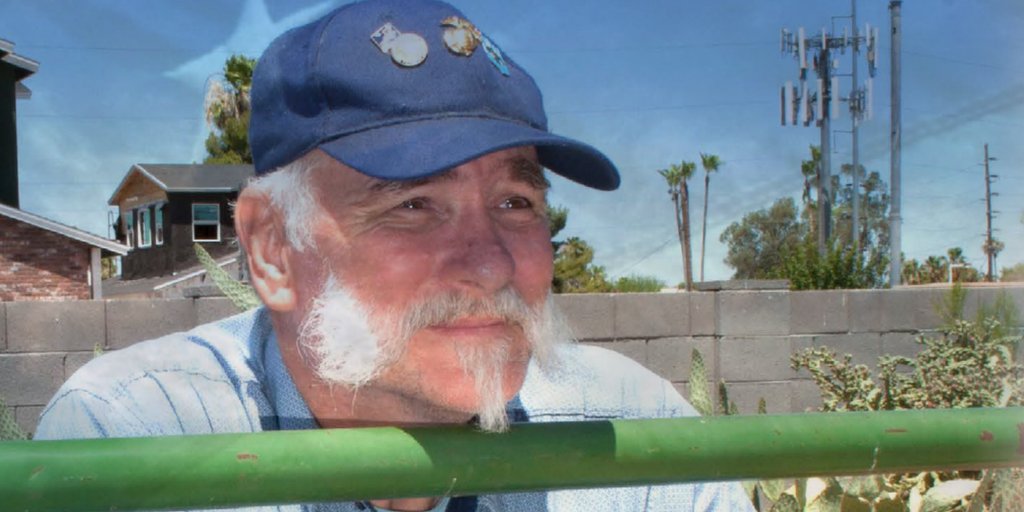
Goldwater Institute
(Editor’s note: News releases are published unedited, unless they contain factual errors.)
Phoenix—A new Goldwater Institute report shows how a disabled Vietnam War combat veteran living in Arizona faced jail time for mere zoning violations without even facing a trial by jury.
In City Court: Prosecutors Push Jail for Disabled Vietnam Veteran Over Zoning Violations, Goldwater Institute National Investigative Reporter Mark Flatten continues his examination of Arizona’s city court system, this time through the eyes of 69-year-old Bob Stapleton, a Phoenix resident who was hit with six criminal misdemeanor charges for zoning violations on his farm property. Each charge carrying penalties of up to six months in jail and $2,500 in fines. Incredibly, despite the U.S. and Arizona constitutions’ guaranteed rights to trial by jury, Stapleton faced judgment by an unelected city court judge.
Stapleton lived quietly for more than 30 years on his small farm property in north Phoenix. His trouble began when Paul Johnson, the former mayor of Phoenix, acquired a neighboring property and sought approval from the city with plans to build a condominium project. Stapleton had been approached by a man claiming to be Johnson’s representative trying to buy his land at what Stapleton considered cut-rate prices. Even in the face of threats, Stapleton declined to sell and eventually was convicted on five of the six charges in Phoenix Municipal Court.
Arizona is one of 11 states in which a defendant who is facing up to six months in jail is not guaranteed a jury trial. “In most places in the United States, the right to a trial by jury is a given—but not in Arizona,” Flatten said. “Both the federal and Arizona state constitutions say anyone facing criminal charges is entitled to a jury trial, but the federal courts have interpreted that language as only applying to crimes that carry penalties of more than six months in jail. And in Arizona, the courts have decided the right to a jury in most misdemeanor cases only applies if the offense was a crime under territorial law. Instead of facing a jury of their peers, a person’s guilt or innocence is determined by an unelected city court judge who is vulnerable to political pressure from the city council that appoints and retains him.”
This is exactly what happened in Stapleton’s case. For him and many others like him, the system is stacked against them. Stapleton has said of life on his farm: “I just wanted some peace and quiet. I tell people I’d like some peace of mind without a piece of somebody else’s.” But the city court system made that impossible.
In his July report City Court: Money, Pressure and Politics Make It Tough to Beat the Rap, Flatten revealed how city courts are vulnerable to political pressures to raise revenue, sign off on questionable city policies or give favored treatment to city insiders. The lack of a jury trial is an example of that. “The right to a jury trial is essential because without it, there is no independent review to ensure our judicial process is fair,” Flatten says. “You should be entitled to a jury trial in all criminal cases—regardless of how minimal the potential punishment may be.








